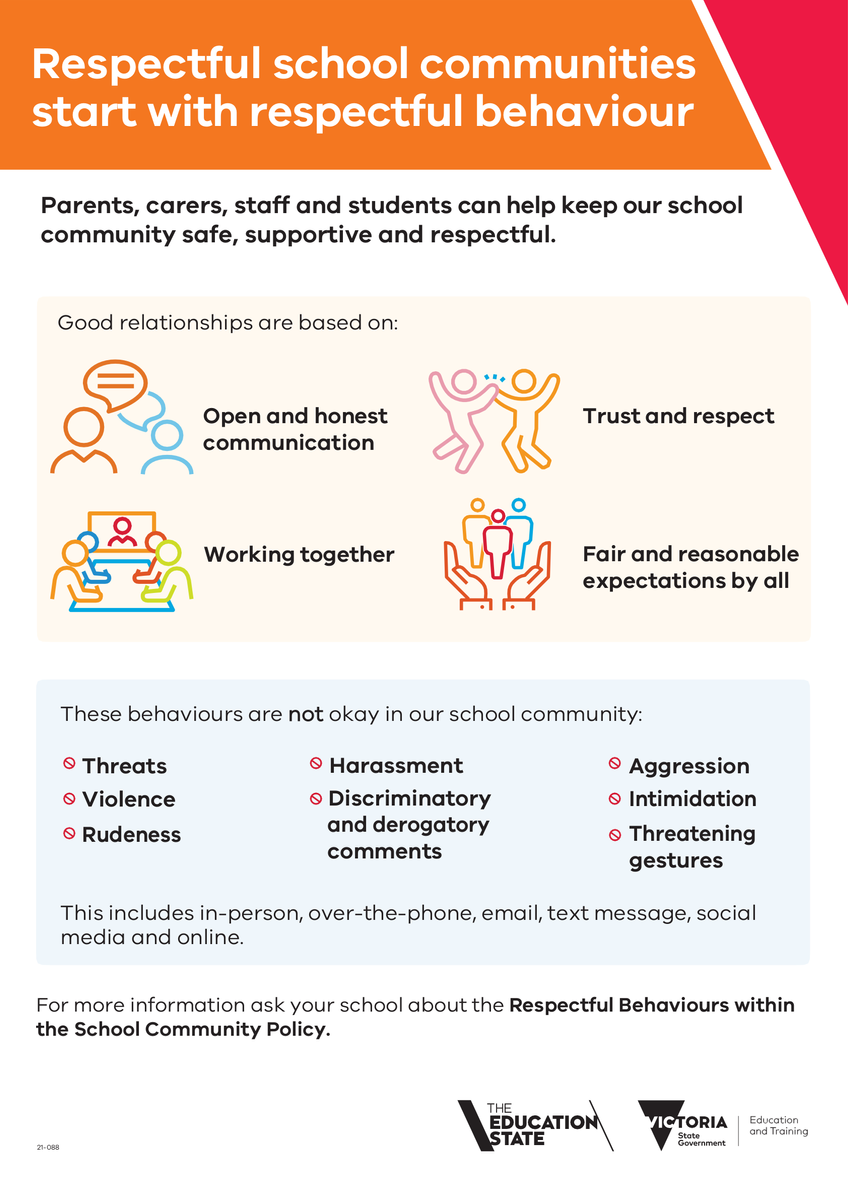Wellbeing & Inclusion News
For further information about any of the items below, please contact a member of the FWPS Wellbeing Team via the school email or phone number.

Wellbeing & Inclusion News
For further information about any of the items below, please contact a member of the FWPS Wellbeing Team via the school email or phone number.
When we talk about Mental Health, what we are referring to is our wellbeing. Our wellbeing moves along a continuum from 'flourishing' (where we want to be most for the time) to 'going okay' to 'struggling' and right down to 'daily life is severely impacted'. It is not fixed, and can move along this line even over a period of days.
This graphic from Be You shows this:


Mental health is like physical health. We have periods where we are going really well, and other periods where things are getting a bit hard. We want to intervene at this point, not when they get down to 'severely impacted'.
There are actions we can all take to promote positive mental health for ourselves and for those around us. This include looking after our physical health (eating well, exercising, getting enough sleep); doing activities that bring us joy; staying connected to the people important to us; and getting help when we need it.
Accessing some support with a Mental Health Care Plan is one of these. We suggest a Mental Health Care Plan to access some part-funded support to keep your child moving the right way up this line, not because we think they have a mental illness. Supports work much better when they are accessed early and students given the skills and strategies to help them manage.
A Mental Health Care Plan gives your child 10 rebated sessions with a psychologist or Mental Health Social Worker (there will likely still be a gap fee, depending on the clinician - ask when you make an appointment). With this age group, they will work with you as the parents or carers too, to understand what support your child needs.
Sometimes parents become worried when we suggest they take their child to a GP to get a Mental Health Care Plan. People can be worried about stigma, or that this means their child has a mental illness, which is most often not the case. It is one way to give your child some extra tools to help them tackle tricky things in their life or understand themselves and their feelings a little better.
The vast, vast majority of people who get a Mental Health Care Plan are not and will never be diagnosed with a mental illness. They just access a little extra help when they need it to help them move toward the flourishing end of their wellbeing 🙂
How to get a Mental Health Care Plan (MHCP):
1. Make an appointment with your GP. Make sure you tell them it is for a MHCP, as it will usually require a longer appointment.
2. Take your child with you to the appointment and talk to the GP about their needs.
3. Ask the GP for recommendations for a counsellor, or ask other parents.
4. Make an appointment with the counsellor. You may need to go on a waitlist.
5. See if it is a good fit for your child and family. Sometimes you might need to try 2 or 3 counsellors to find one that fits well.
6. Enjoy the benefits of getting help when you need it!
Note also that some counsellors are not registered with Medicare but do the same work. You can see them without seeing your GP (they likely charge less to keep your out-of-pocket costs about the same).
However, it is a good idea to keep your GP in the loop with any concerns.

